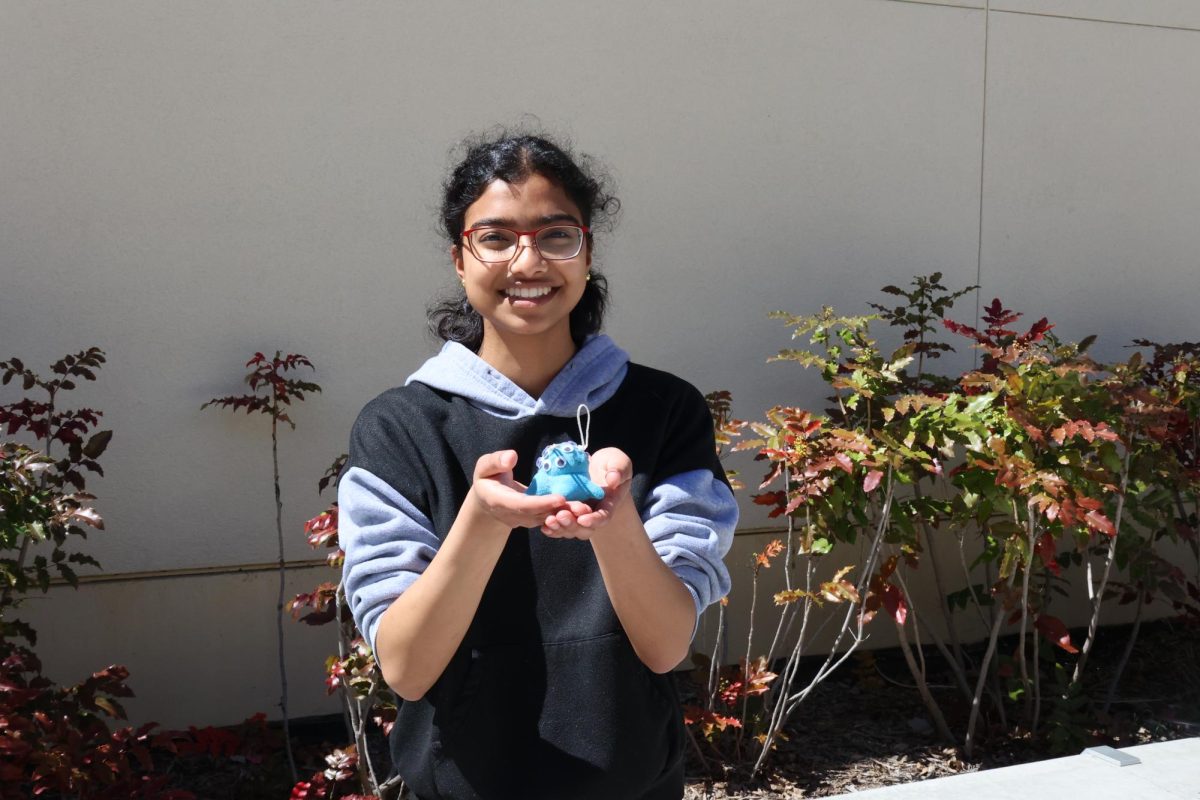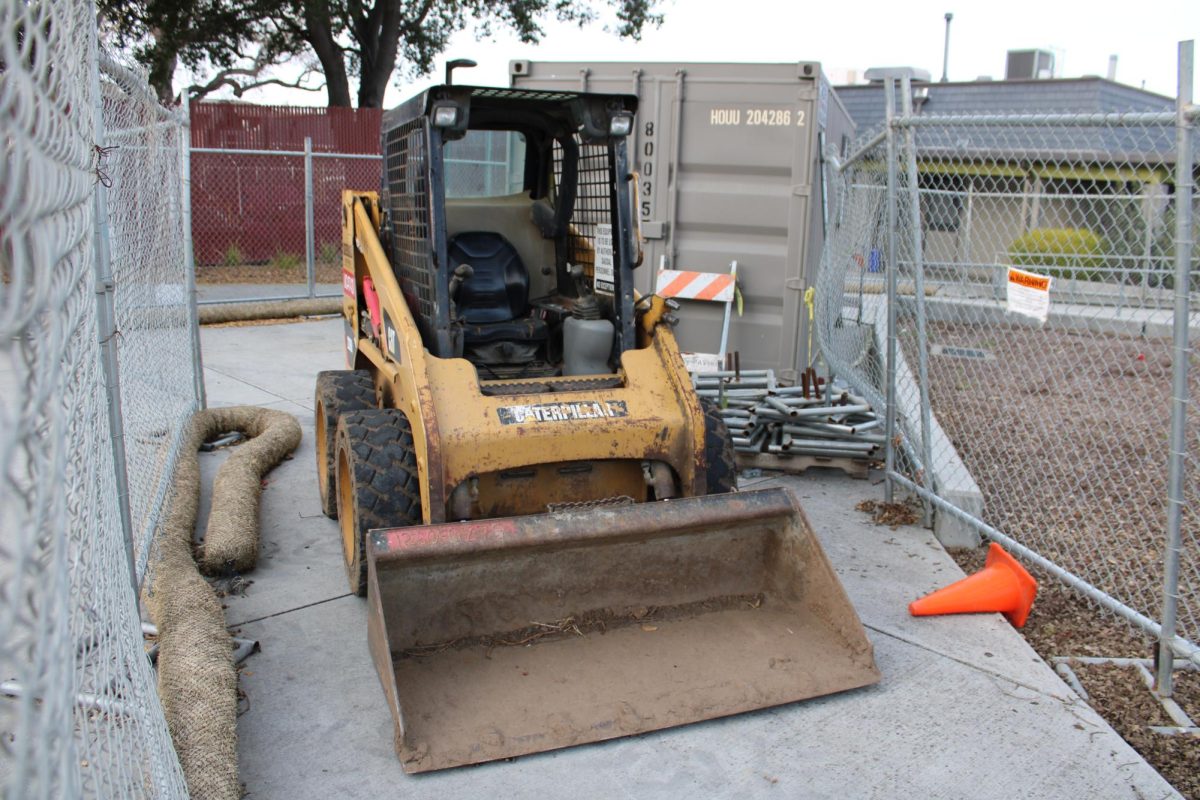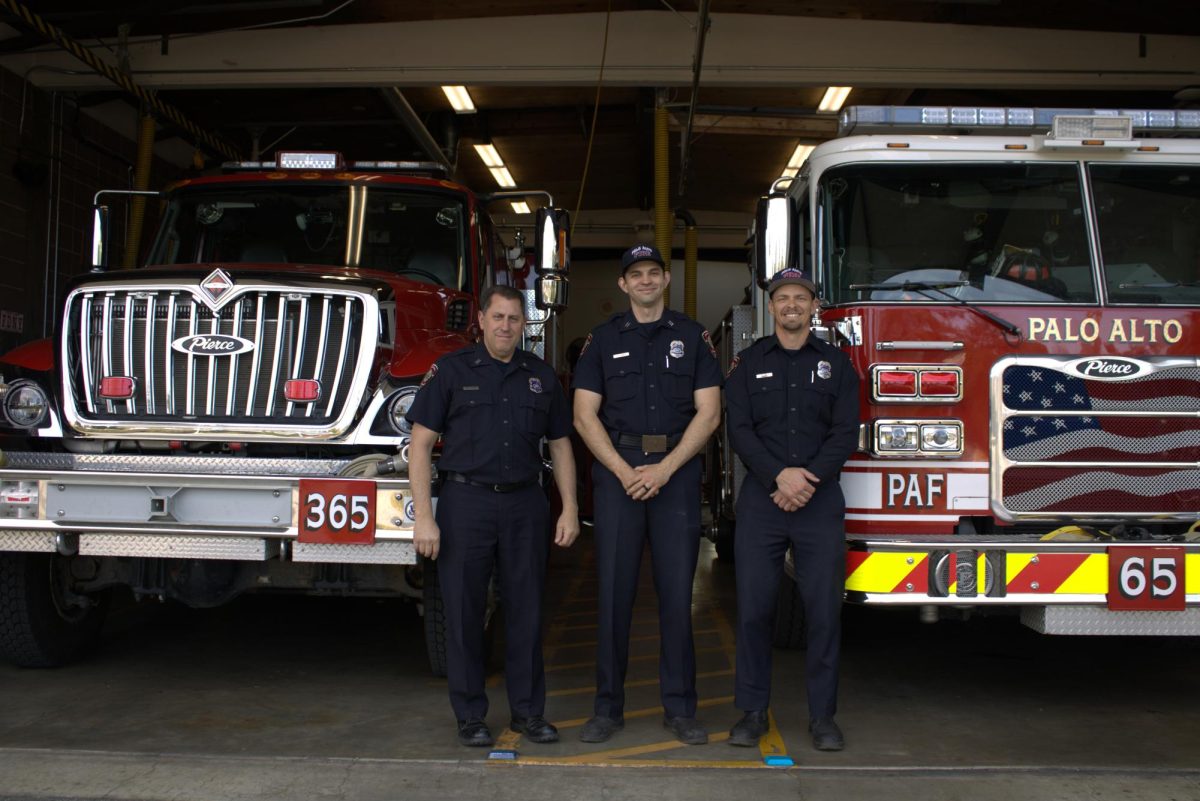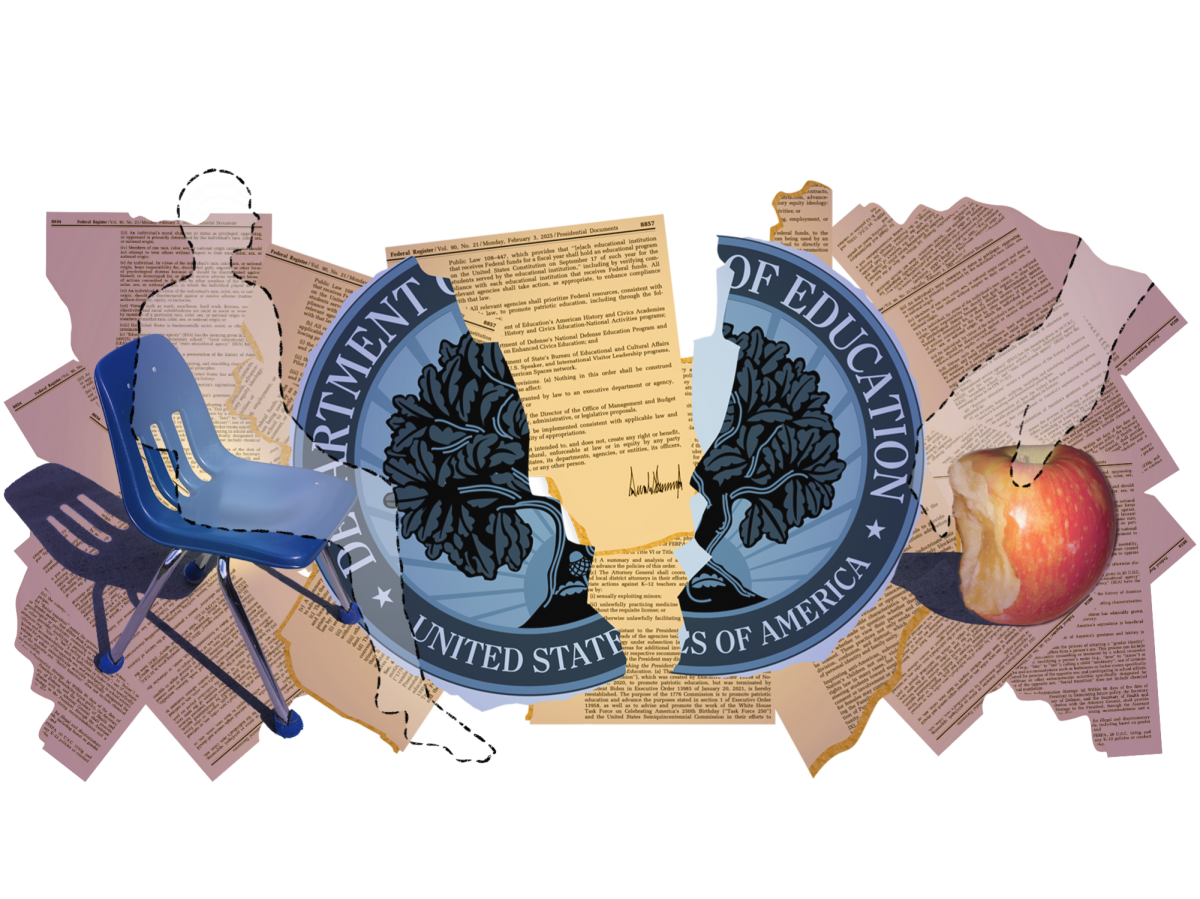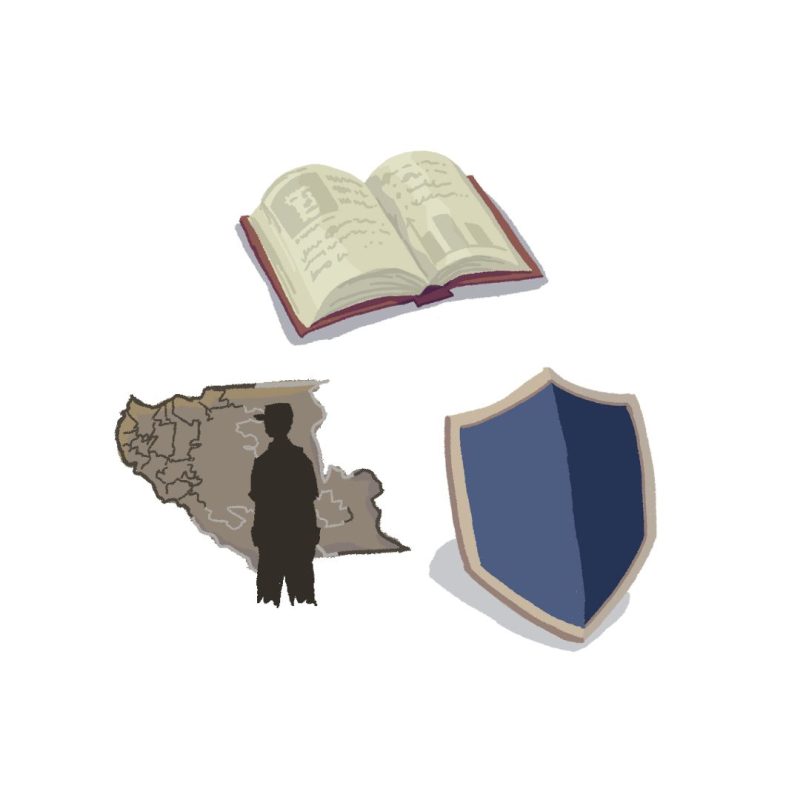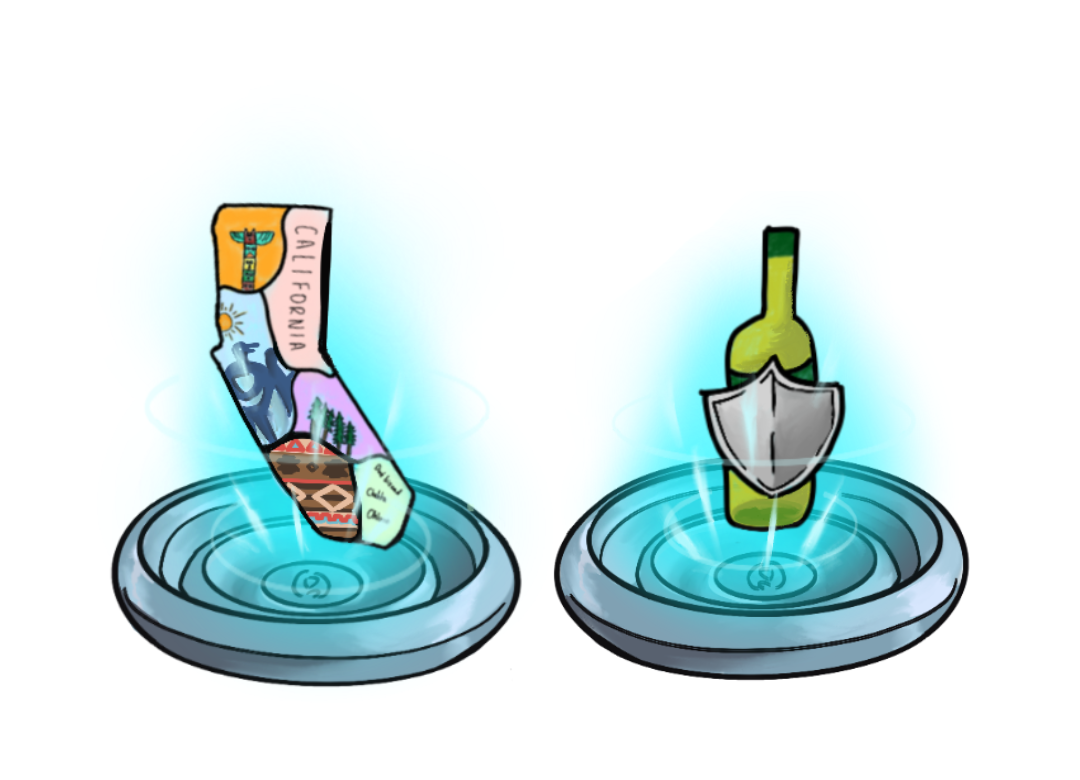Written by Deiana Hristov
The Oracle (TO): Do you have any new legislation that will a ect public schools and their students?
Jerry Hill (JH): Yes, I have two bills that directly a ect education and students. [ e rst bill is] SB 769, the Community College Baccalaureate Degree Pilot Program Expansion. For a lot of students in Palo Alto, college is essential. It’s the key to your future life and earnings, a er all. And it’s no secret that college is expensive. Community colleges over the best tuition prices around for two-year degrees. What if they could o er four-year baccalaureate degrees? In 2014, we started a pilot program for 15 community colleges to o er a bachelor’s degree. Foothill College’s dental hygiene program is one of them. Now, I’d like to expand that experiment to 30 schools. I believe that this will make college more a ordable for students who are interested in one of these new degree programs. A college degree will be within reach for many more people [the other bill is] SB 751: (School district reserve cap). All school districts need to plan for unexpected expenses—money set aside for a “rainy day.” School districts, like families, sometimes get surprised by expenses they didn’t plan on, like unpredicted ooding we’ve seen in San Jose. Schools get their money from either the state, based on student attendance, or directly from their communities’ taxes that property owners pay. In all cases, the state restricts the amount of money that school districts can hold for such rainy day expenses. at restriction is known as the school reserve cap, because it caps money at a certain level. If passed, SB 751 would allow school district governing boards to have more reserve money—up to 17 percent of the budget—if certain requirements were met. Small school districts and districts like Palo Alto Uni ed School District that rely on only property tax for their fund- ing, would be exempt from any cap at all.
TO: If it is important for high school stu- dents to be involved in and knowledgeable about government, how can they get involved?
JH: Your power is not limited by age. is is a good time to be involved, and you are not alone. I read recently that teachers around the Bay Area have noticed that students are more engaged in what is happening in government since the presidential election. Government a ects so much of your life, from the school board that decides the policy on homework, to the State Legislature that quali ed California for the National Popular Vote. Find a civics website or a class, and start understanding how the levers of democracy work.
Information is powerful. Most importantly, start with your passions and your desire to make things better. Is it about “Dreamers” in your town, at your school? Is it environmental protection? ere is a lot of energy out there right now. ere are people who are as passionate as you are about the things that you love. Find them. Find groups or organizations working for those things and educate yourself. From there, you can learn how to make change in that area together. Because we are stronger together.





